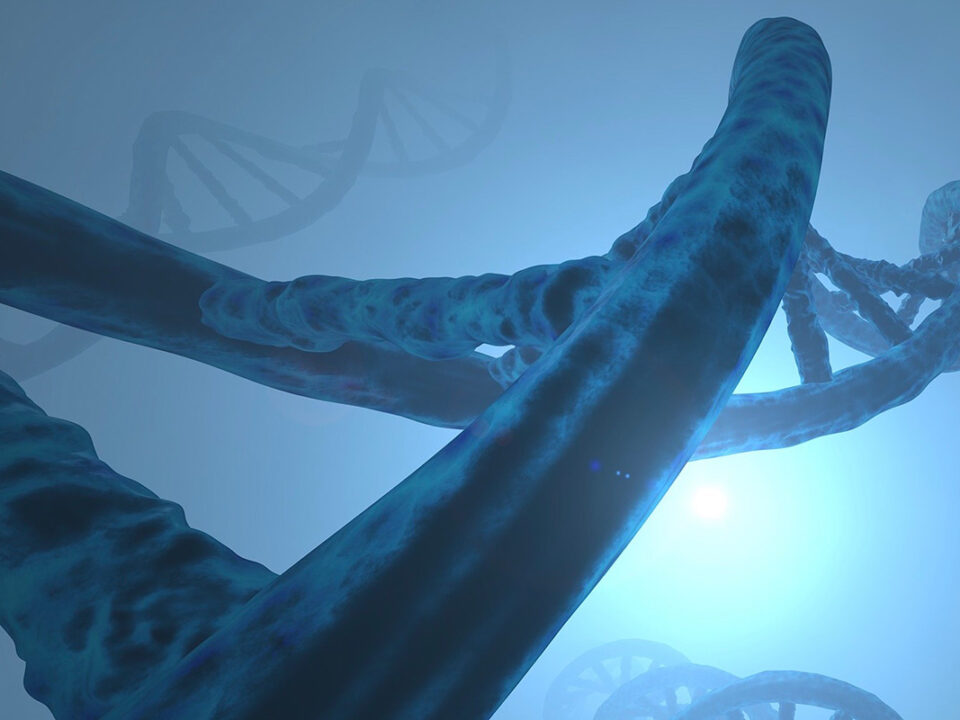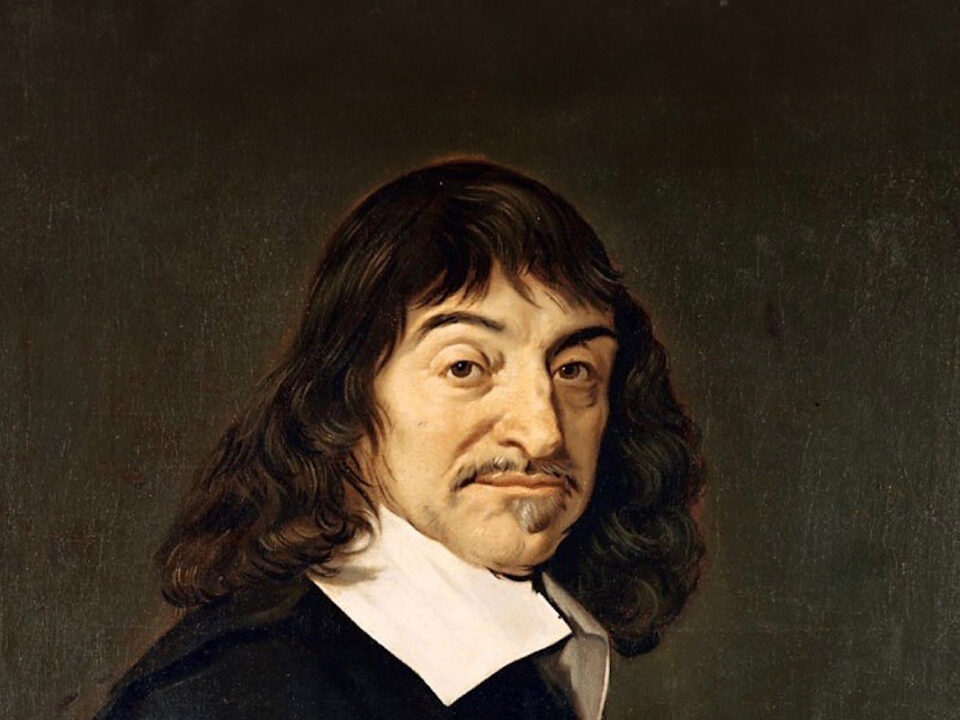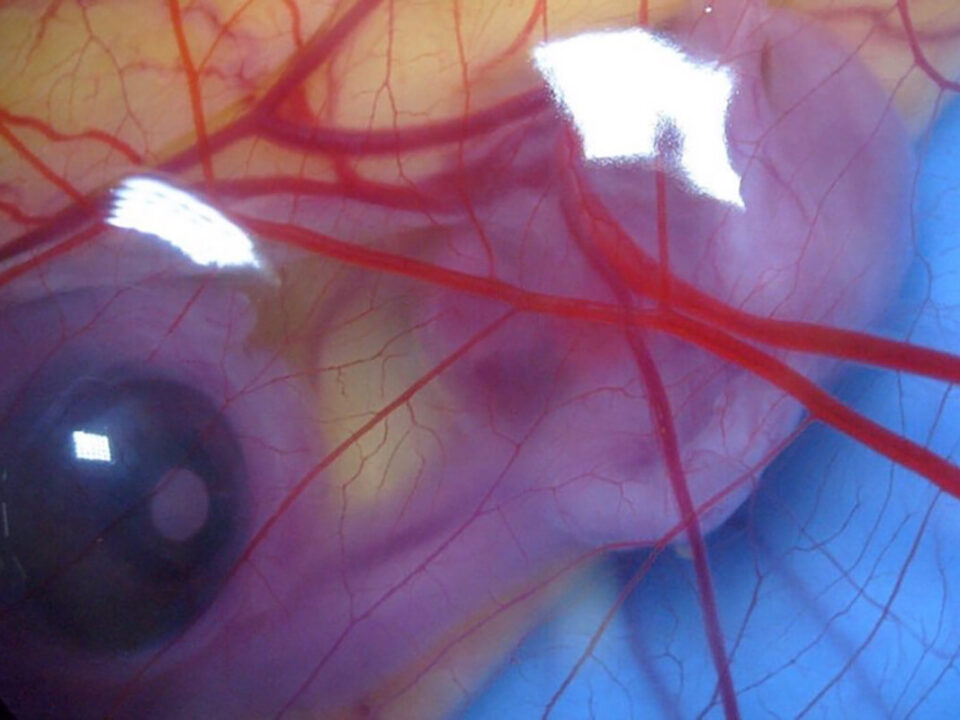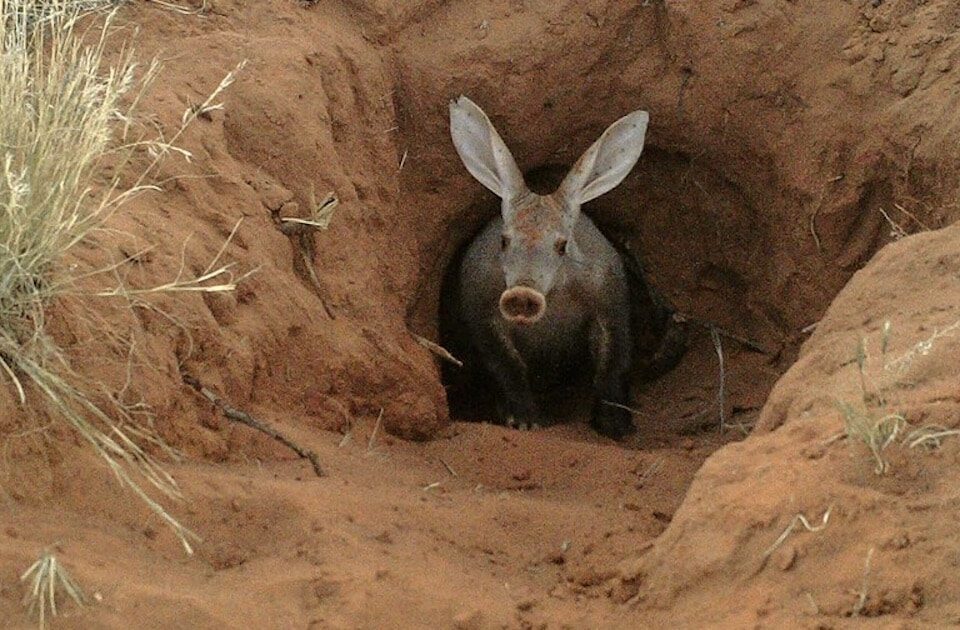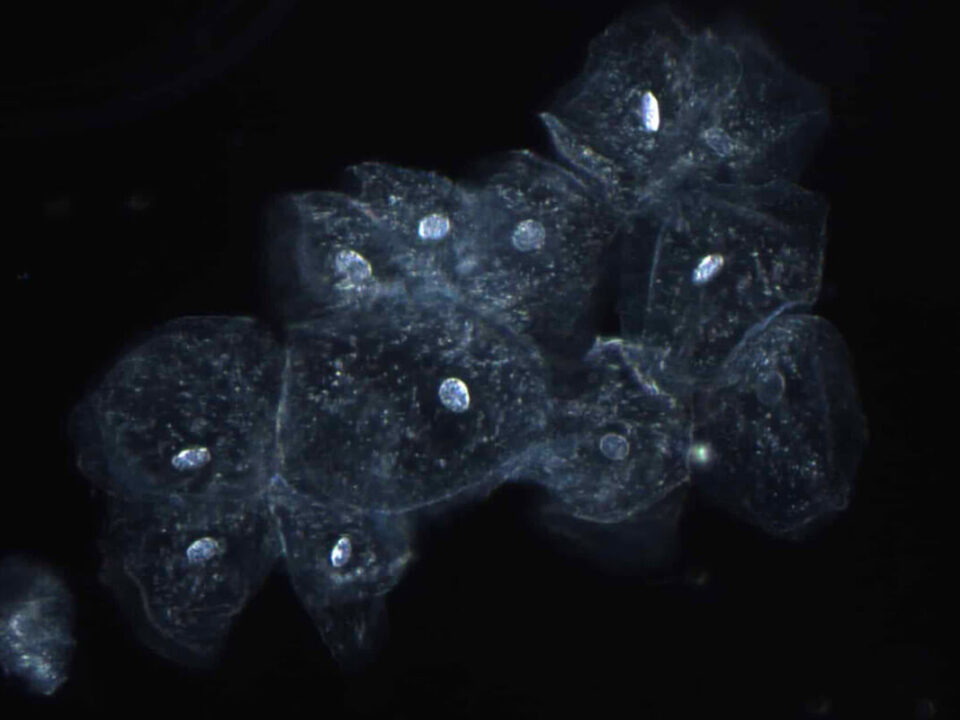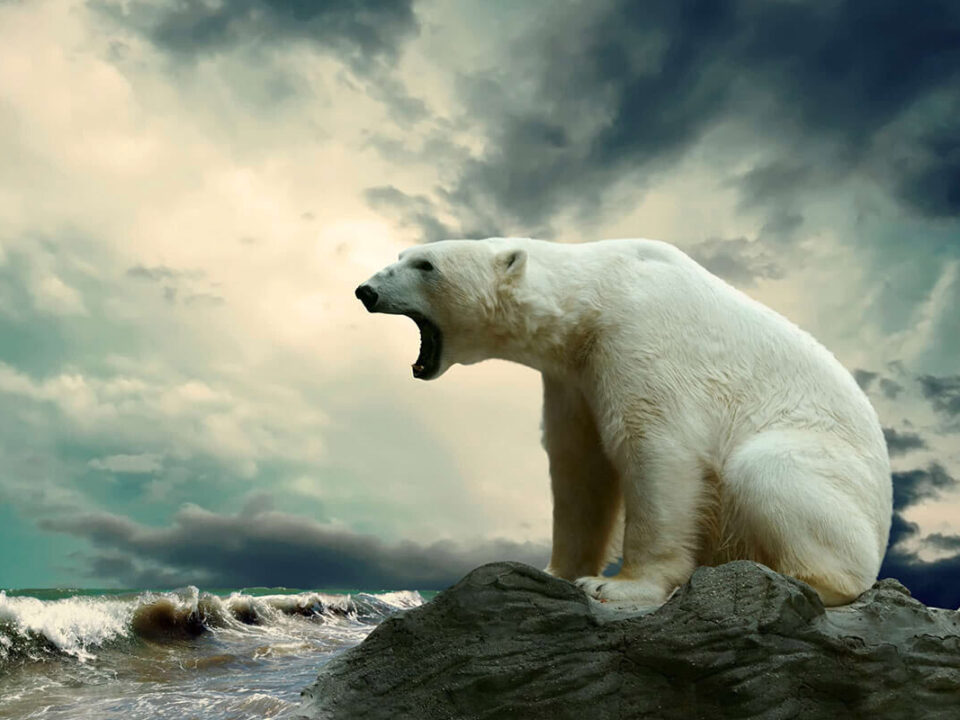December 21, 2023
In my two most recent posts (here and here), in a series discussing the science of purpose, I described the foundational subject-object metaphysics (SOM) of modern science, and how that has unfortunately led to the rise of modern scientism. I pointed out why SOM can never go beyond a derivative/secondary explanation of life. Perhaps the greatest illustration of the failure of SOM is that it necessarily leads to irreducible complexity, as so brilliantly explicated by Michael Behe, Jonathan Wells, William Dembski, Stephen Meyer, et al. But it was also SOM, as originally articulated by Descartes, that led Western civilization to great scientific advancement. Now, we […]

